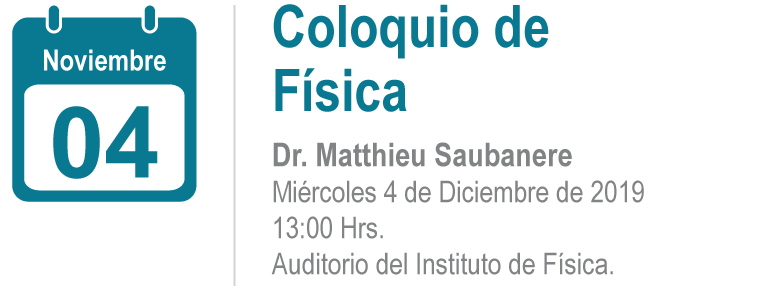
As recently awarded by the Nobel price, Li-ion batteries have revolutionized the
conception of energy storage as being the optimal choice for portable electronic,
electric vehicle and grid applications. Since the first commercialization in 1990,
researchers have focused to improve both storage and aging performances, in
particular on the positive electrode material. In that context, recent improvement of
the material capacity has been shown to rely on oxygen redox in addition the
conventional transition metal redox. While promising such approach is nested by
structural instability and material degradation that limit aging performances. In the
present seminar, we will review challenges that researcher need to address to
improve further the performances electrochemical devices with a particular
attention to the relations between the electronic structure, the redox activity and the
structural integrity of the electrode materials.










